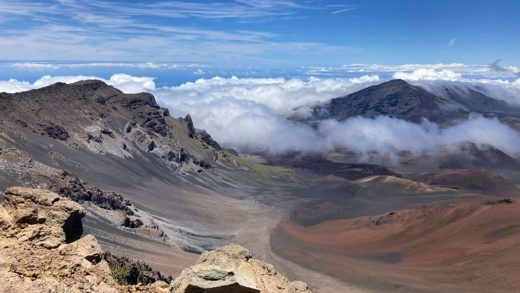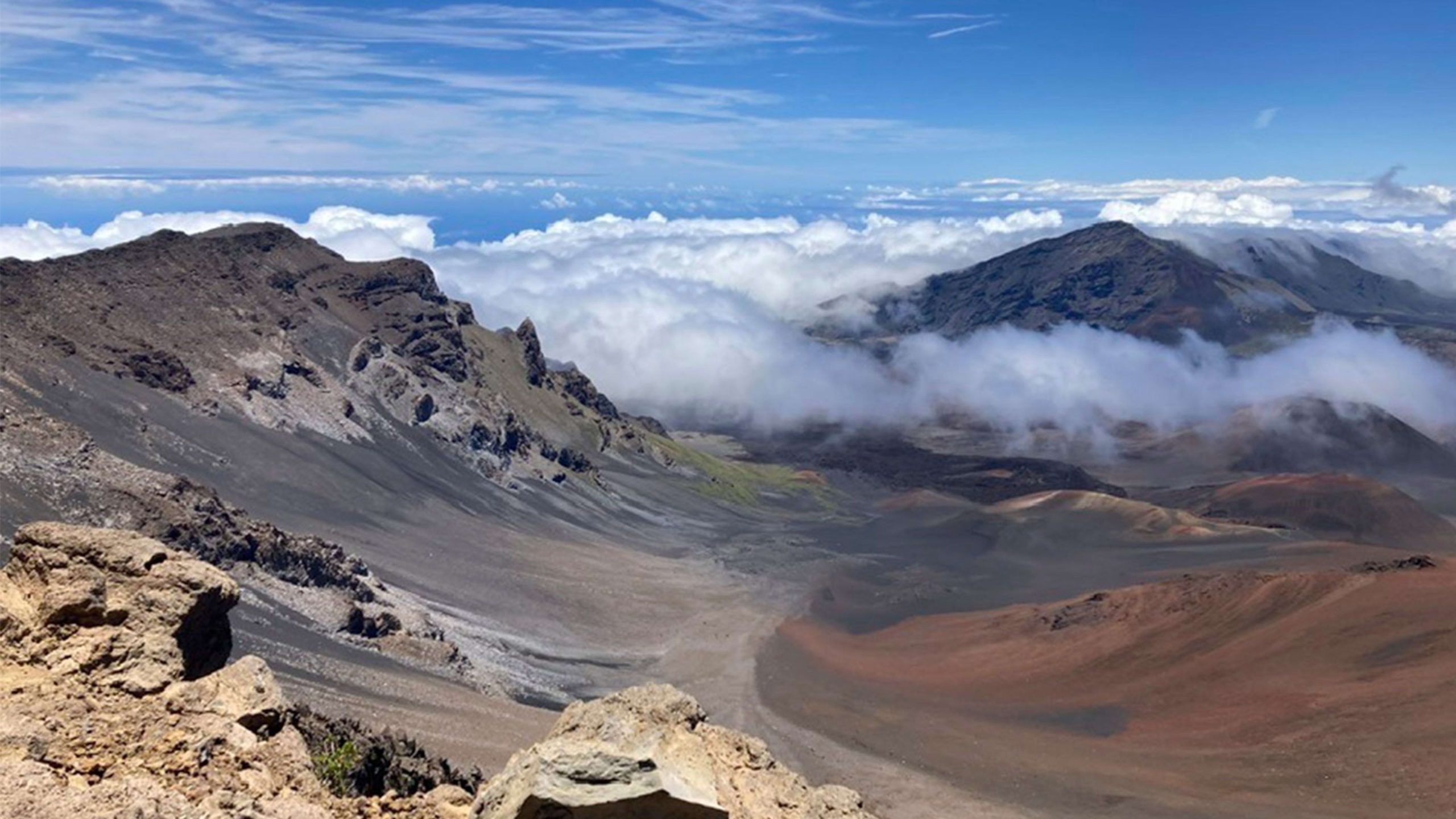Maui opposes US Space Force plans for telescopes on a sacred volcano
Maui opposes U.S. Space Force plans for telescopes on a sacred volcano
Maui’s County Council voiced its opposition in a 9-0 vote.
Local officials on the Hawaiian island of Maui on Wednesday voted to oppose a U.S. military proposal to build new telescopes on the summit of Haleakala volcano, the latest observatory project to meet objection in the islands.
The U.S. Space Force and Air Force want to build a new facility on the top of Haleakala, Maui’s highest peak, to track objects in space.
The Maui County Council voted 9-0 to pass a resolution opposing the project. The measure said Haleakala’s summit was a sacred place used for religious ceremony, prayer and connecting to ancestors.
“Haleakala is more than just a mountain; the summit is considered wao akua, or ‘realm of the gods,’ and continues to be a place of deep spirituality for Native Hawaiians to engage in some of these traditional practices,” the resolution said.
It said that the Space Force hasn’t finished cleaning up a 700-gallon (2,650-liter) diesel fuel spill at the site of one its existing Haleakala telescopes. The spill occurred last year when a pump that supplies fuel to a backup generator failed to shut off during a lightning storm.
The proposed new facility is called AMOS STAR, which is an acronym for Air Force Maui Optical and Supercomputing Site Small Telescope Advanced Research. It would feature six telescopes enclosed in ground-mounted domes and one rooftop-mounted domed telescope.
The county’s resolution urged the military to heed community calls to cease their development efforts. It urged the National Park Service, Federal Aviation Administration and the Hawaii Department of Land and Natural Resources to deny the project permits.
The clear skies and dry air at Haleakala’s peak make for some of the world’s best conditions for viewing space, similar to the summit of Mauna Kea on the Big Island which hosts about a dozen telescopes.
Haleakala rises to 10,023 feet (3,055 meters) It already hosts multiple University of Hawaii observatories and an existing collection of Space Force telescopes called the Maui Space Surveillance Complex. Protesters tried to block the construction of a new observatory on Haleakala in 2017 but building went ahead and the Daniel K. Inouye Solar Telescope released its first images in 2020.
A proposal by a consortium of universities to build a new observatory on Mauna Kea called the Thirty Meter Telescope triggered massive protests in 2019. The TMT project is currently paused while planners seek National Science Foundation funding.
—Audrey McAvoy, Associated Press
(18)



